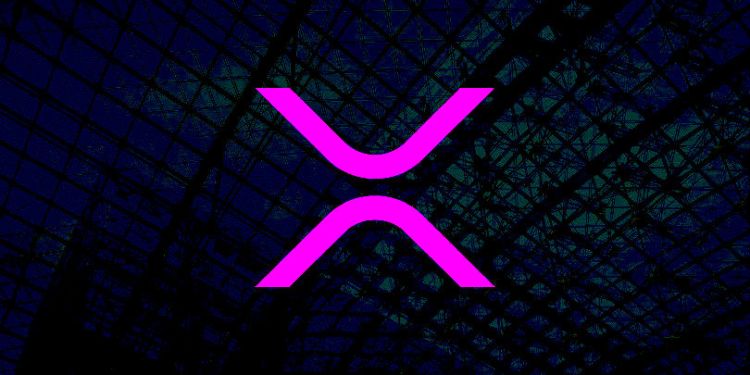A judge is now considering Ripple’s motion to dismiss a much-publicized lawsuit against the San Francisco startup.
Bradley Sostack is accusing the company of illegally selling XRP as an unregistered security. Ripple claims XRP is not a security and says the claims are unsubstantiated. The company also says any lawsuit on the issue would violate the statute of limitations, and must have been filed within three years of the 2013 initial offering of XRP.
Sostack’s legal team argues that the statute of limitations are invalidated by the fact that Ripple continues to sell the digital asset.
Now, new court documents reveal Ripple also claims that classifying XRP as a security could destroy the third-largest cryptocurrency’s entire marketplace.
Says the company’s legal team in the motion to dismiss the lawsuit,
“Were [Sostack] allowed to belatedly challenge the classification of XRP, it would not only threaten to eliminate XRP’s utility as a currency, but it would upend and threaten to destroy the established XRP market more broadly — a market involving over $500 billion in trading over the last two years… — potentially wiping out the value held by the alleged thousands of individual XRP holders around the world (many of whom no doubt disagree with [Sostack’s] claim that XRP is a security).”
Jake Chervinsky, general counsel at crypto lending platform Compound, says it’s unclear how long the judge will take to consider Ripple’s motion. But he warns it could take a while.
“As is typical, the judge ‘took the matter under submission,’ meaning she will issue a written ruling at some later date. It could be days, weeks, or months.
There is no time limit. The motion can sit on the docket forever. After about six months, it will show up in a report to Congress regarding the status of the federal judiciary, but even then it can keep sitting on the docket.”





